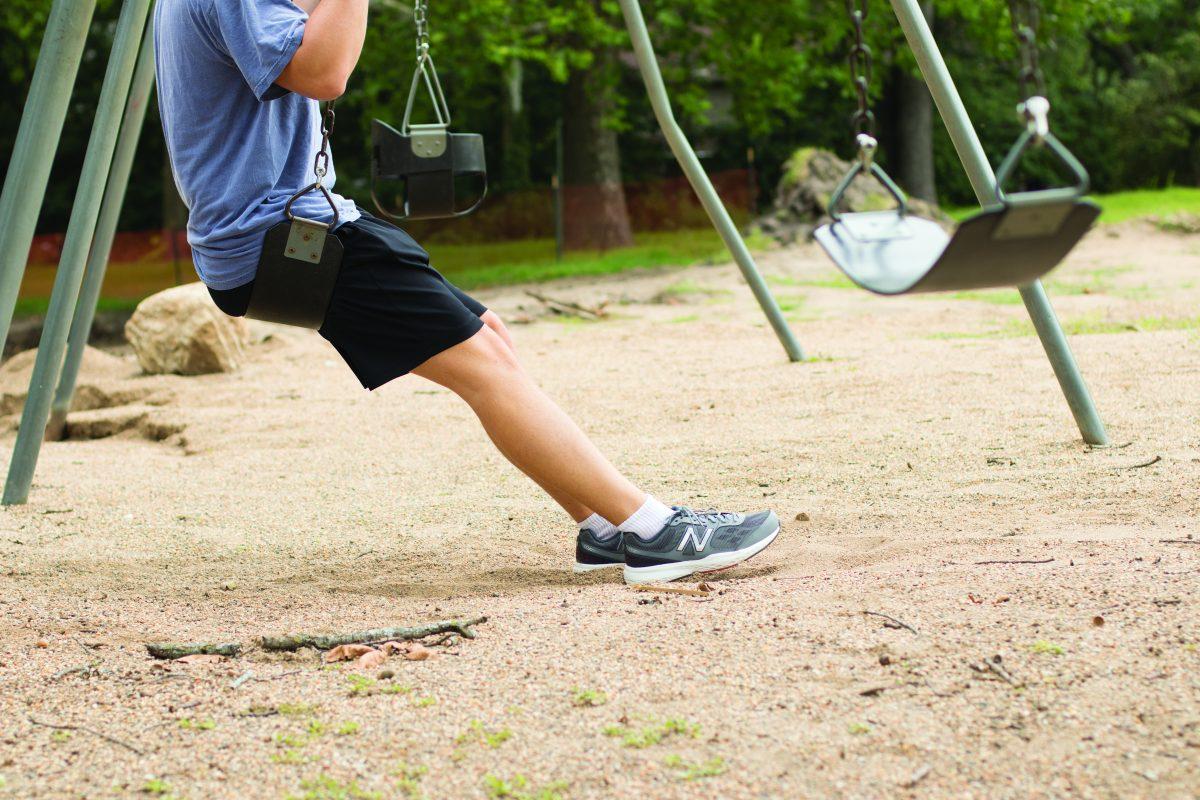By EMMA BRUSTKERN
As college students across the country return to their respective campuses, many of them will be armed with stories from where they spent the past three months: summer camp. According to the American Camp Association, half a million college students from across the United States worked at a camp in 2015 alone. Students at Drake University are no exception.
For many students, working at a summer camp presents a sense of nostalgia. Sophomore Sophie Christensen worked at Luther Park Bible Camp in Wisconsin this summer as a camp counselor, where she previously attended as a camper.
“It was kind of a full-circle thing: when I was a kid, I always wanted to be a camp counselor like the ones I looked up to,” Christensen said. “I wanted to give back to the place that gave me all the happy memories. I wanted to be that safe space for the kids.”
Senior Delia Koolick has a similar story. She attended camps for years, first as a camper, and then started working at camps in 2015. Most recently, she was the Associate Director at Camp TEKO in Minnesota. For Koolick, working at camp has been a way to learn valuable skills while still enjoying what summer has to offer.
“I got to be outside and not sitting in a cubicle all day, everything that I would have learned sitting in a desk, I got to learn in a fun way,” Koolick said. “I learned teamwork, I learned time management, I learned self-care. I learned it all while getting to be outside and enjoying the summer.”
Christensen also believes that through being a counselor, she learned skills such as leadership and how to get along with those you don’t agree with. It also introduced her to new experiences, such as having a camper who identified as transgender.
“He had recently transitioned and his mom called him by his female name,” Christensen said. “I could tell he was uncomfortable, so I [asked him] what name he goes by and what pronouns to use. Having experiences like that has made me more open as a person.”
Working at a camp also allows students to make a difference in camper’s lives, a fact that Koolick found enlightening.
“It’s really fulfilling just seeing the kids get on the bus at the end of the day with a smile on their face, ready to go home and tell their families about what they learned and all the new friends they made,” said Koolick.
However, working at a camp comes with slight challenges, especially if you’re a college student. For example, Christensen was away from home almost the entire summer and had only one week to get ready for school.
“When you’re at camp, you’re in a camp bubble. You don’t have to deal with the drama of life,” Christensen said. “I basically disconnected off of social media and my phone. You can’t have your phone around campers because they’re not allowed to have it. So that was definitely a big adjustment.”
Both Christensen and Koolick agree that working at a camp, no matter your position, takes a great deal of time and dedication. For this reason, Koolick urges people to take students who work at summer camps seriously.
“It is a real person job,” Koolick said. “It’s a lot of hard work, but it’s fun work. You get to be silly and you get to be yourself. People don’t judge you at camp.”
Even after a long summer, Christensen reflects on her time at camp fondly. She recalls in particular a moment where a camper told her that she had been greatly impacted by her time with Christensen.
“The whole summer was worth it,” Christensen said. “Just hearing that I had a positive impact on the kids, that’s all worth it to me.”
Photo courtesy of Wikimedia Commons







